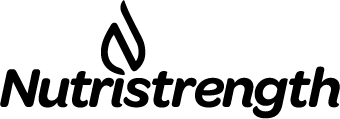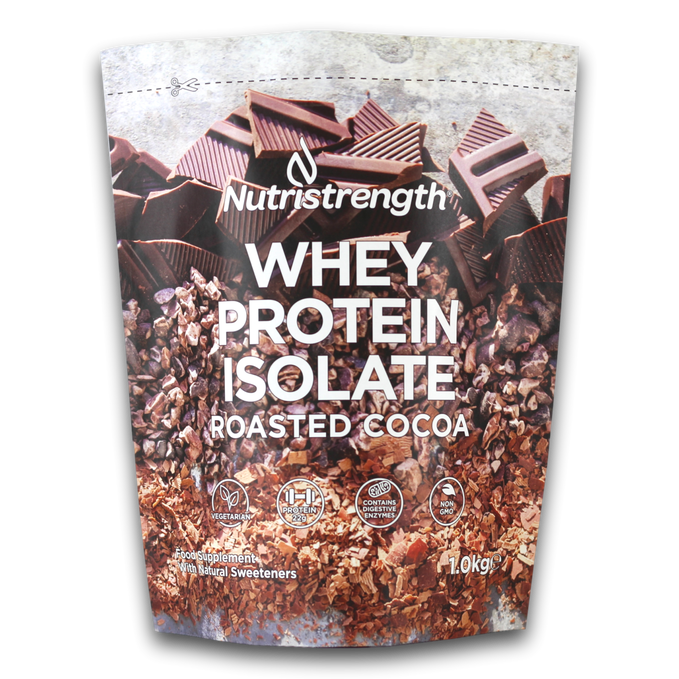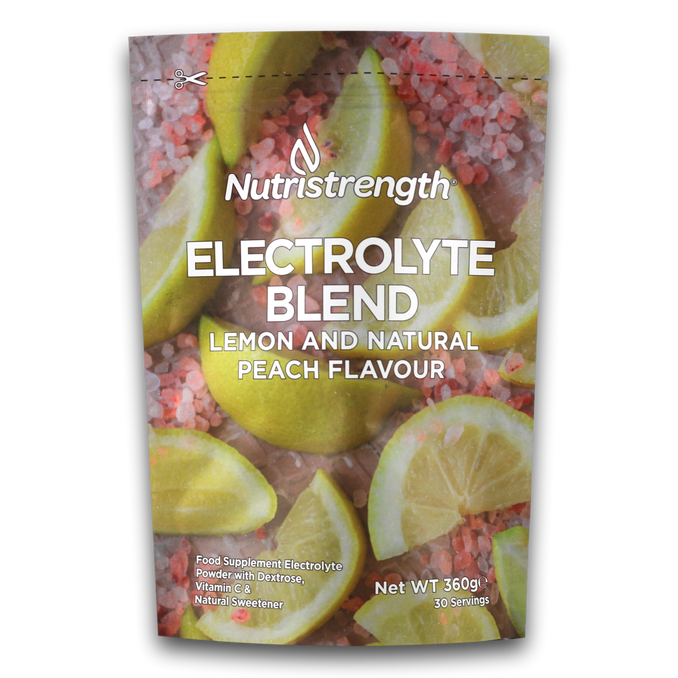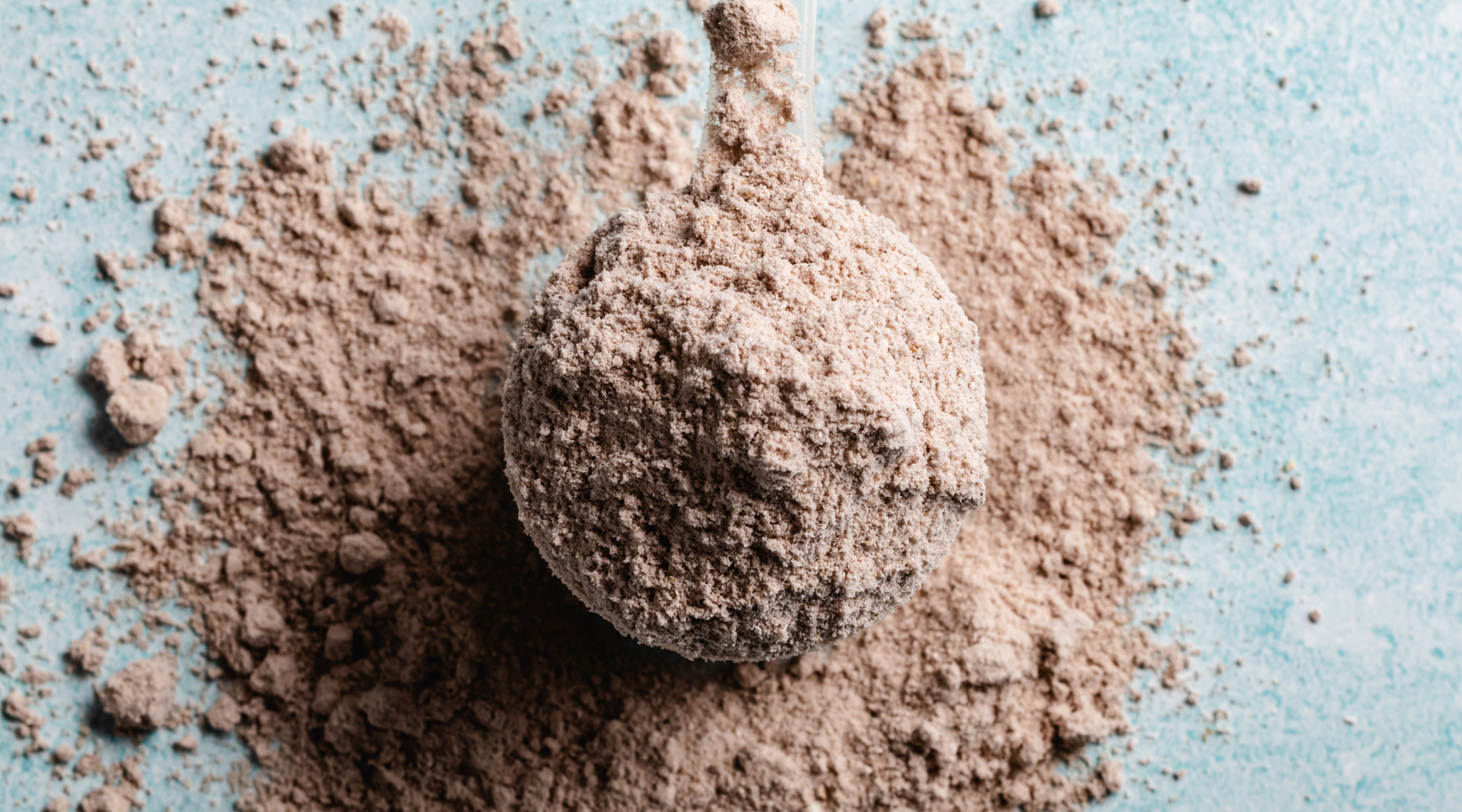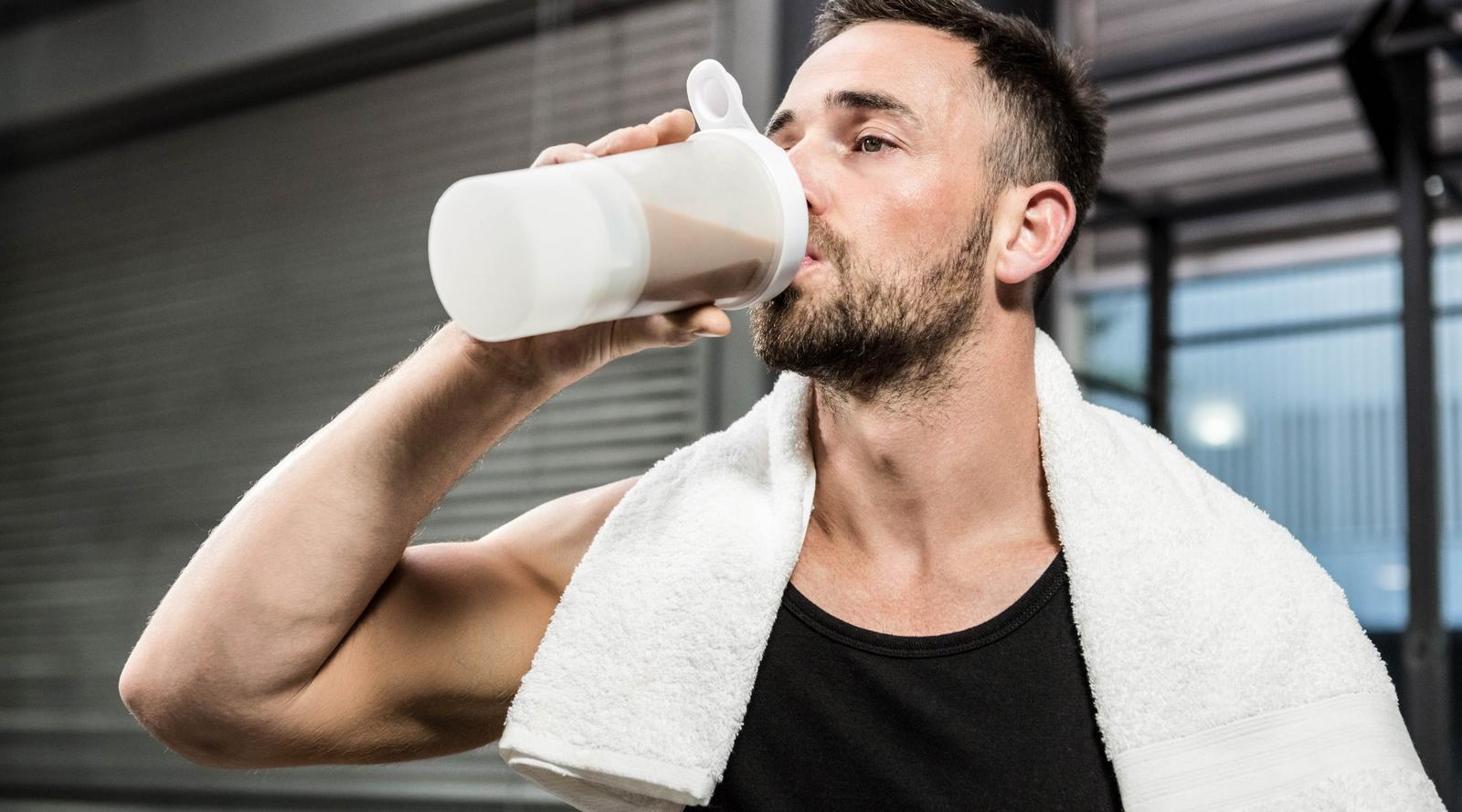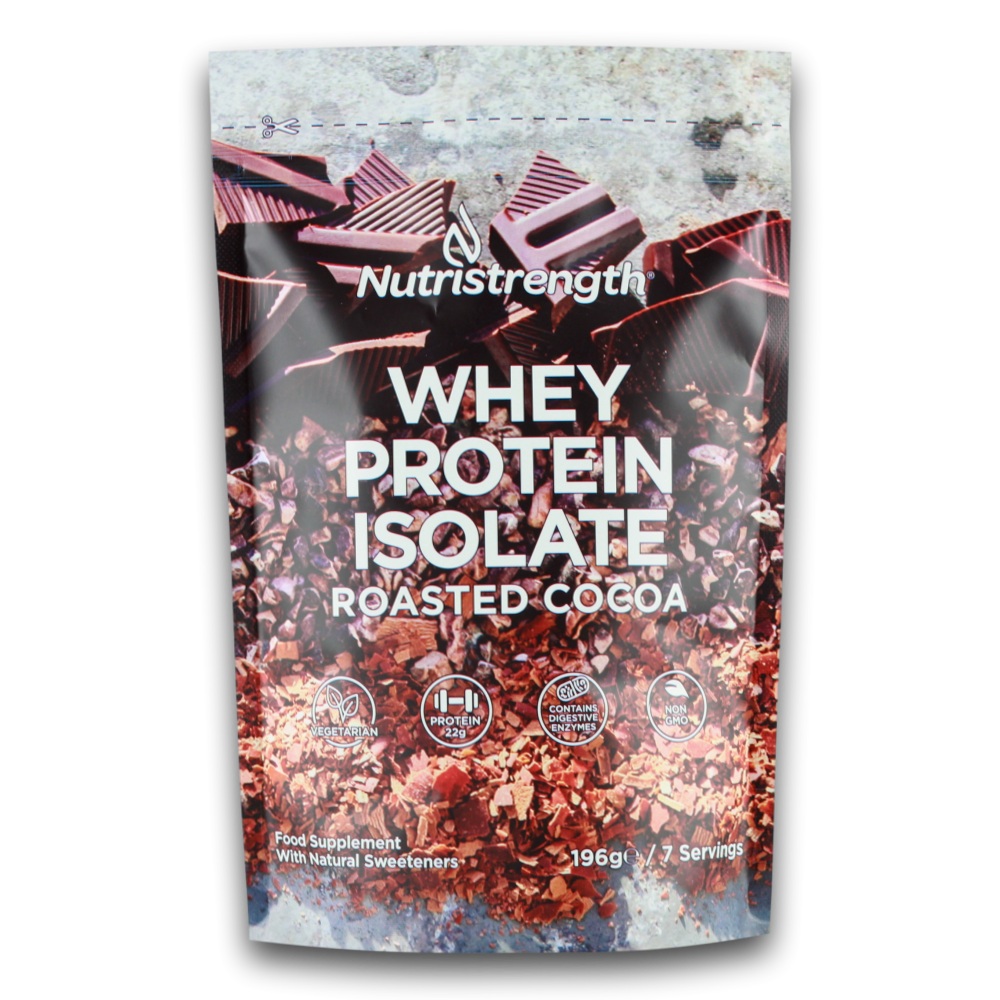We all know it's important to get the right levels of nutrients into your diet but do you know how many of these nutrients, including protein, there are in your fruit and veg?
It can be difficult to know how much protein and other nutrients certain foods contain so we’ve put together this helpful graphic to show you, at a glance, how much protein is in some of your food.
You can share this image in your own content with the below embed code:
High protein vegetables
As the graphic shows, there can be a surprising amount of protein in different vegetables. While you can get pea protein powder in supplement form, did you know the garden peas you might find in your cottage pie or soup contain 5 grams of protein per 100 grams?
See the below table for more high protein vegetables. All values are per 100 grams of vegetable.
| Vegetable | Protein | Calories |
| Artichokes | 3.3g | 47 |
| Asparagus | 2.2g | 20 |
| Beetroot | 1.6g | 43 |
| Broccoli | 2.8g | 34 |
| Cabbage | 1.3g | 25 |
| Cauliflower | 1.9g | 25 |
| Kale | 4.3g | 49 |
| Lettuce | 1.4g | 15 |
| Onions | 1.1g | 40 |
| Potato | 2g | 77 |
| Sweet Potato | 1.6g | 86 |
| Spinach | 2.9g | 23 |
| Mushrooms | 3.1g | 22 |
Of course, this table doesn’t reference some of the other nutrients these vegetables contain and it is not intended to be used to make decisions about what foods to eat or not eat. However, it does give an indicator of how much of certain foods to include in your diet in order to reach the right amount of protein and calories.
The current reference intake, which are values that have been set out in European law, is 50 grams of protein per day for the average female.
High protein fruit
As well as vegetables, there are also a number of fruits that have more than 1 gram of protein per 100 grams.
| Fruit | Protein | Calories |
| Apricot | 1.4g | 48 |
| Avocado | 2g | 160 |
| Banana | 1.1g | 89 |
| Blackberries | 1.4g | 43 |
| Cherries | 1g | 50 |
| Kiwi | 1.1g | 61 |
| Passionfruit | 2.2g | 97 |
| Pomegranate | 1.7g | 83 |
| Raspberries | 1.2g | 53 |
| Kiwi | 1.1g | 61 |
So, there you have it, not only are cherries a delicious flavouring in our Cherry Flavour Whey Protein Isolate, but the raw material is also a protein source.
Protein Powder Supplements
Protein supplements are just that, nutrition that can supplement your dietary intake. You can achieve the full recommended amount of nutrients from foods containing naturally occurring protein but, should you need to supplement your diet to reach the recommended levels, you can try adding a protein powder to your routine.
These protein powders don’t need to be consumed in the typical shake format (though they are delicious mixed with just water or milk in a protein shaker bottle) you can, instead, mix them in with a recipe to add more protein to your meals.
Nutristrength offers a range of protein powders with some suitable for vegetarians, vegans and dairy-free diets. We often hear about the struggle in finding a protein powder that works for a vegan or dairy-free diet, with many complaining that they don’t think they can get the same level of protein as those following carnivore diets, but it’s simply not true. Here we put our three ranges back-to-back.
Nutristrength Goat and Sheep Whey Unflavoured:
80 grams of protein per 100 grams
The Nutristrength Goat and Sheep Whey Protein can be the answer for those who suffer from lactose intolerance. Whilst still containing lactose, it has a different casein structure to that of cow’s milk-based wheys so some people find it easier to digest. Always consult your GP should you be concerned you have an intolerance of any kind. You can find out more about What is Goat and Sheep Whey Protein in our article.
Nutristrength Pea Protein Unflavoured:
80.1 grams protein per 100 grams
Many people are surprised by just how much protein there is in pea protein. Being completely plant-based it is 100% vegan-friendly but it’s becoming more and more popular with non-vegans as some people find it easier to digest or simply prefer the taste or texture. Read more about pea protein here.
Nutristrength Whey Protein Isolate Unflavoured:
85.5 grams protein per 100 grams
Whey protein isolate goes through a refinement process to achieve a higher percentage of protein with less calories than protein concentrate so it usually retains anything from 85-90% protein yield. Read more about the process in our article What is Whey Protein Isolate.
Achieving a balanced diet
This guide has been created to highlight the interesting variations in the amount of protein in different foods.
As with all nutrients and food groups, it’s important to make sure you’re eating all food in moderation to achieve the right nutrient balance.
This mix varies by age, gender, lifestyle and many other factors. If you’re unsure about how much protein, or other nutrients you should be eating, consult your GP or see advice from the NHS website. You can also use more detailed resources such as the NHS’s Eatwell Guide, to make informed decisions about your diet and make sure you’re getting the right nutrition for your lifestyle.
